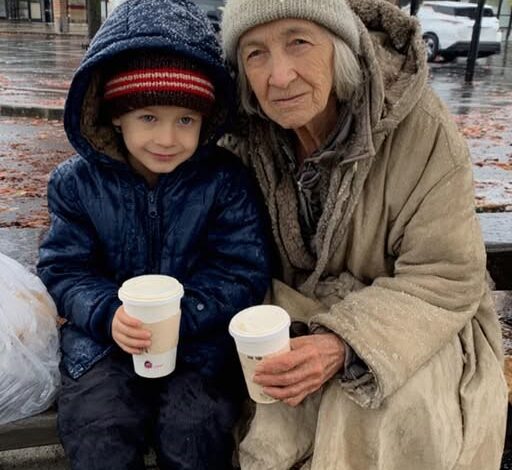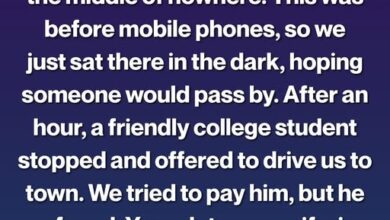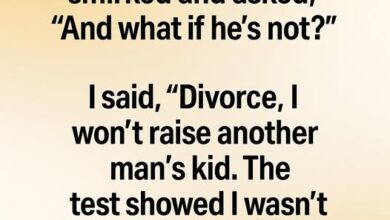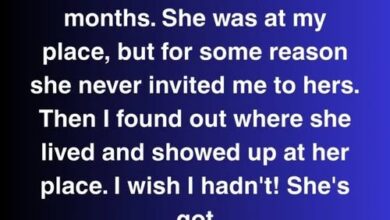I Bought Food and Bus Tickets for a Grandma and Her Little Grandson – a Few Days Later My Husband Called Me, Panicking: ‘Brenda, Come Home! It’s About the Boy’

Thanksgiving is supposed to feel warm, but this one began with exhaustion. I worked late, rushed through a grocery store in freezing wind, and just wanted to get home to my family. That’s when I saw them—an elderly woman and her small grandson standing in the parking lot, shivering.
She asked quietly if I could help buy food for the boy. Her wallet had been stolen, and he was hungry. I didn’t ask questions. I bought them hot food, groceries for the road, and bus tickets home. Before they left, I gave the grandmother my contact information, just in case. The boy hugged me like he hadn’t been held in a long time.
I thought that was the end of it.
Ten days later, my husband called me home in a panic. Three black SUVs sat outside our house. Inside stood a man named Matthew, calm but shaken. He told me the woman I’d helped—Elsie—was his former partner’s mother, and the little boy, Mason, was his son. He had never known the child existed. Elsie had finally found him, and my kindness had kept her going long enough to tell the truth.
A DNA test confirmed it. Matthew had found his son because I stopped in a parking lot.
Before leaving, he gave us a check for our daughters’ future education.
That night, I realized something simple but powerful: sometimes a small act of kindness doesn’t just help—it rewrites lives.



